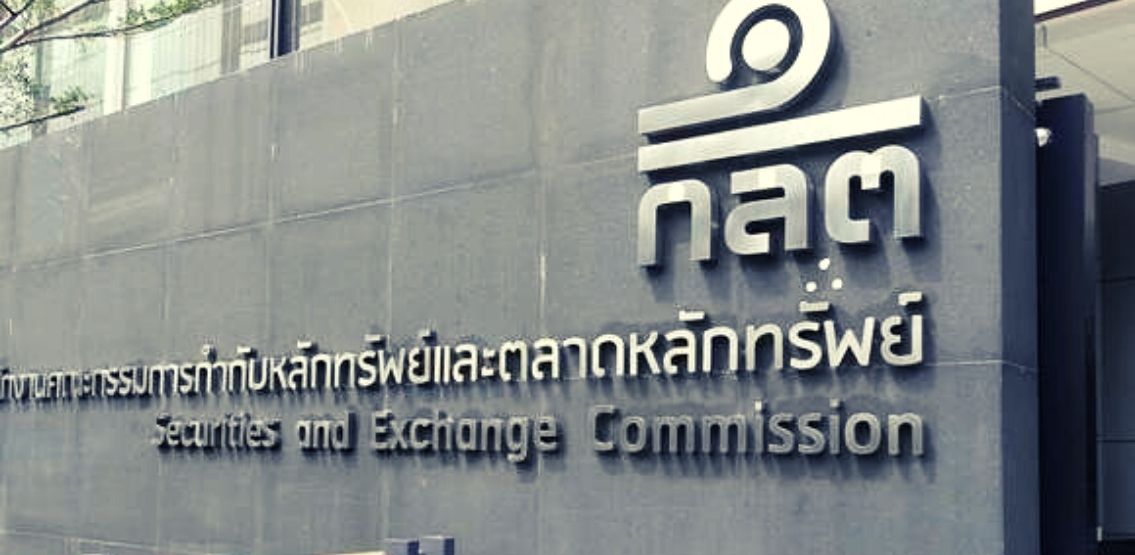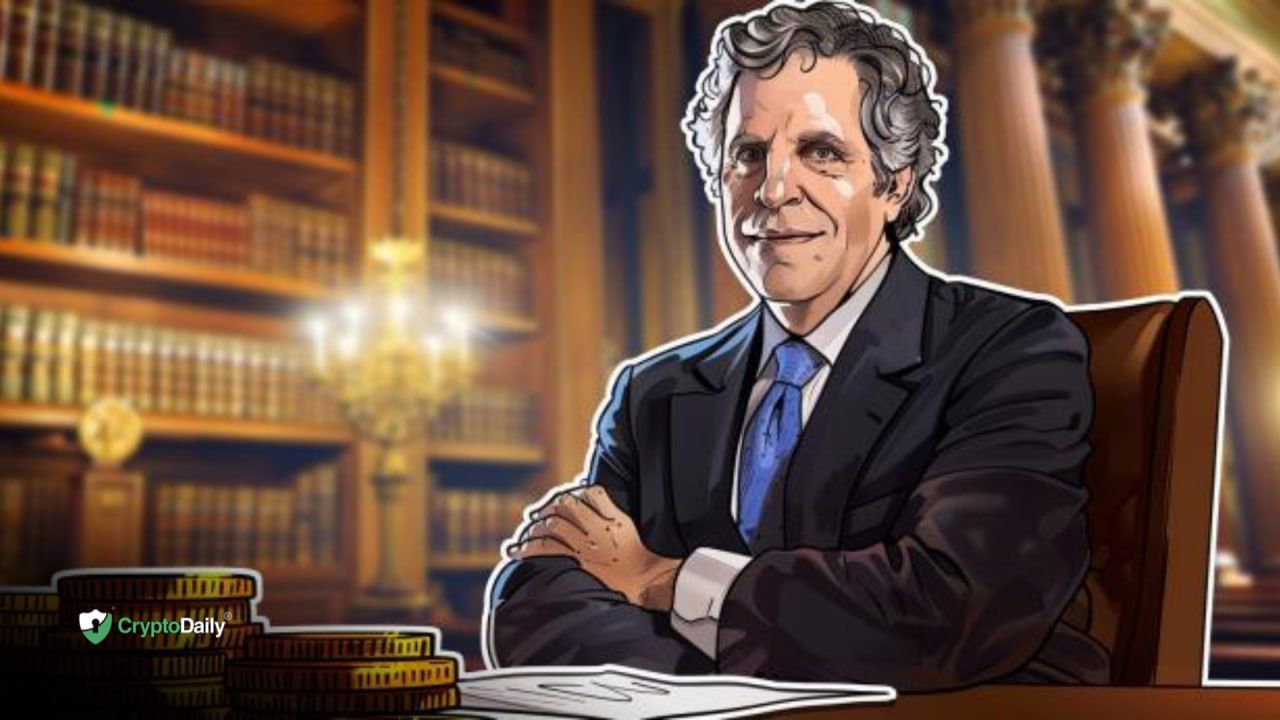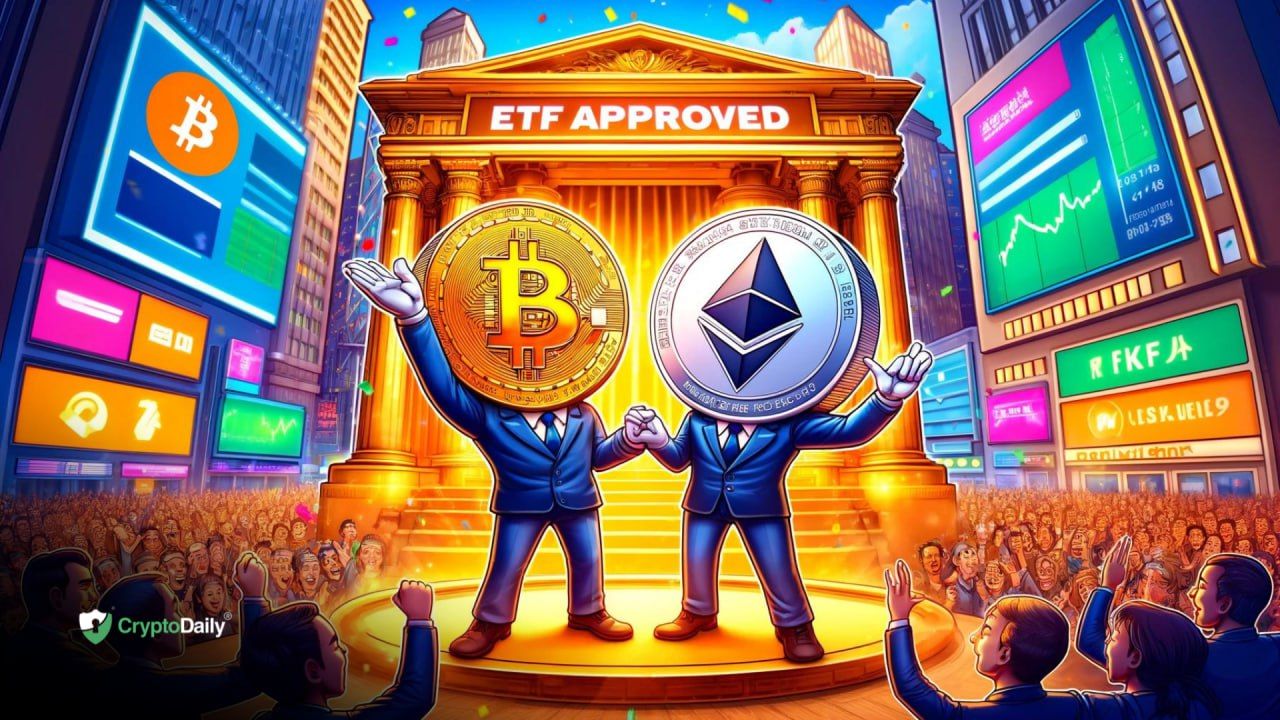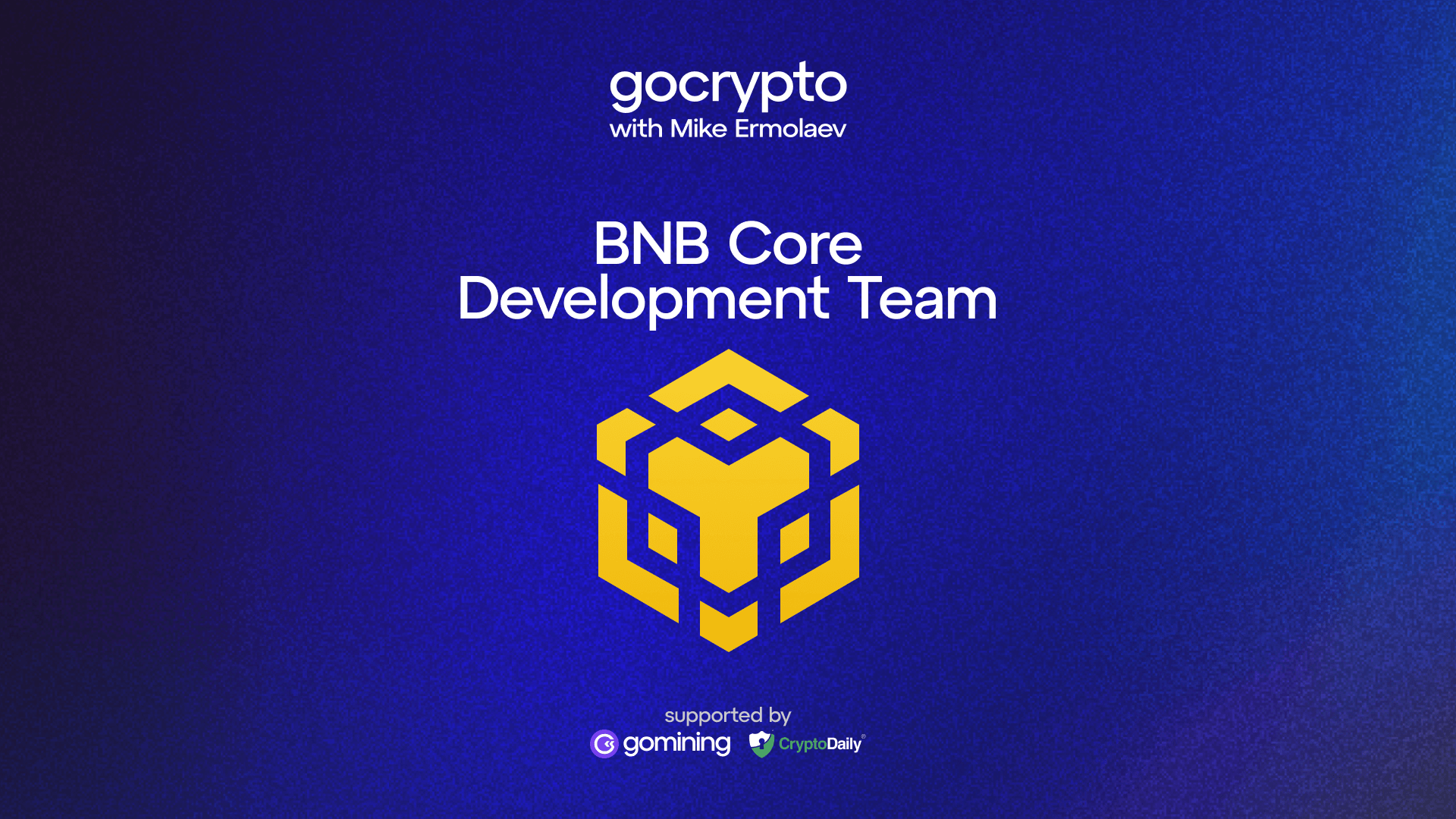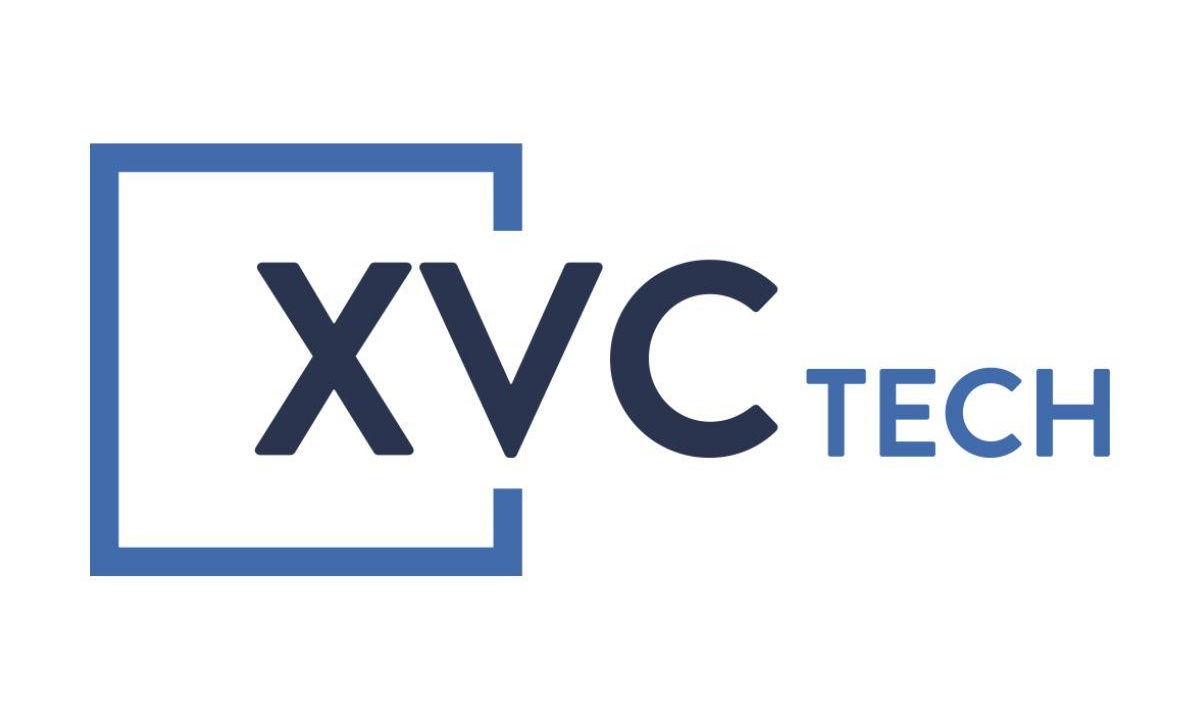Table of Contents
- Regulators Target DeFi
- Regulations Welcomed By Blockchain Community
- Will There Be A Loss Of Opportunities?
- Three-Point Risk Evaluation For Traders
- Stringent Future For Crypto In Thailand
The SEC in Thailand has announced that projects that involve decentralized finance (DeFi) may require a license from the regulator. Chinese blockchain journalist, Colin Wu of the @WuBlockchain fame tweeted the announcement.
"First official announcement on DeFi from Thailand SEC: Activities related to decentralised finance (DeFi) projects which involve digital coin issuance may require a licence from the regulator in the near future."
Thailand's financial regulators released the news on Sunday afternoon, making it the first official announcement to regulate the cryptocurrency industry.
Regulators Target DeFi
The SEC released the statement after a DeFi farming platform, Tuktuk finance, debuted on Bitkub Chain, and the price of its native token rose to hundreds of dollars and collapsed to $1 in a matter of minutes. This made the regulators target DeFi specifically.
DeFi has many emerging financial technologies related to it, making the imposition of regulations a challenge. DeFi smart contracts are used in popular blockchain services such as lending and borrowing. It also overlooks the issuance of digital tokens under these smart contracts with any aid from traditional financial services.
The SEC stated that,
"The issuance of digital tokens must be authorized and overseen by the Securities and Exchange Commission and the issuer is required to disclose information and offer the coins through the token portals licensed under the Digital Asset Decree."
Regulations Welcomed By Blockchain Community
As a business provider, the operator of the service should consider the regulation before proceeding. Traders need to study and research the technical and security details of the DeFi farming project before getting involved. Regulations will reduce the number of fake tokens.
The blockchain community believes the warning is the right thing to do. Dome Charoenyost, the founder of Tokenine, is one of them. He claims that the law will give the SEC the authority to regulate coin issuance and supervise licensed intermediaries. He adds,
"It has become clearer that some types of DeFi are under-regulated, and we could see the SEC-regulated DeFi platforms in the future."
Will There Be A Loss Of Opportunities?
The CEO and co-founder of Ava Advisor, Niran Pravithana, also believes that the regulations are reasonable, mainly because it targets fraudulent tokens issued for sale online and retail traders who bank on them for quick gains. Niran states,
"These criminals can hide in messenger application Telegram and manipulate the token prices and these illegal activities can easily go undetected by the authorities."
He also notes that the regulator should open a safe space for validated businesses with a quick approval process to avoid losing opportunities. Niran pointed out that questions related to the definition of initial coin offering are yet to be addressed and discussed.
The regulations might not fully protect traders as it is applicable only for Thai based firms. Most DeFi transactions are not Thai-based, and a majority of DeFi developers prefer to remain anonymous.
Three-Point Risk Evaluation For Traders
Akaradet Diawpanich, CEO of Merkle Capital and chairman of Cryptomind Group Holdings, has a three-key factor approach for traders to consider before investing in DeFi farming.
- The Total Value Locked (TVL) must be above $100 Million
- The operating period should be long enough and well-audited to verify the coding of computer programs
- Traders should seek additional information on the credibility of the platform and the venture capital company backing the project
These factors will help filter out coding risks that could cause rug-pulls. Traders are also known to place large amounts of principal to farm stablecoins with the hopes of high returns, but the price of stablecoins does fluctuate, opposing popular beliefs. Akradet claims,
"Indeed, there is a risk that the principal could be lost from several factors such as the security risks including cyberattacks and malicious scams due to inadequate cybersecurity or technical glitches."
Stringent Future For Crypto In Thailand
Crypto adoption in Thailand has seen a massive rise, and DeFi has also grown in popularity. The country ranked second globally for search traffic for the keyword "decentralized finance" over the past year. TradeFi institutions have contributed to the popularity as well.
Centralized banks have embraced DeFi in Thailand: Siam Commercial Bank announced a $50 million investment fund in February. Kbank will be experimenting with DeFi services as part of its business expansion plan.
Regulators responded in May with plans to curb new crypto exchange account creation by setting stringent KYC requirements set to be a mandate starting July 2021. This measure will stop foreign investors from accessing Thai exchanges as securing local ID cards will not be possible.
Disclaimer: This article is provided for informational purposes only. It is not offered or intended to be used as legal, tax, investment, financial, or other advice.
Investment Disclaimer